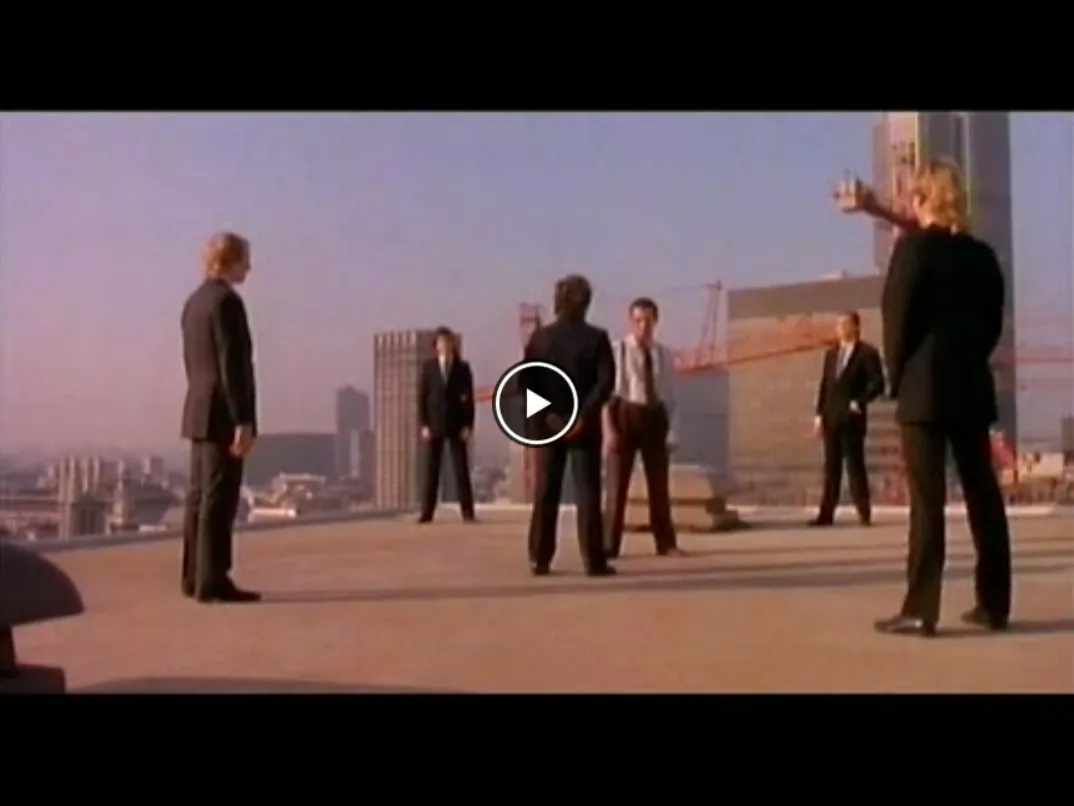Yes – Owner of a Lonely Heart
Yes
Yes is an English band that has become an icon of progressive and symphonic rock. The band Yes was formed in 1968 in London.
The band Yes was formed in 1968 in London. It was founded by bassist Chris Squire and vocalist Jon Anderson. Guitarist Peter Banks quickly joined the line-up. In 1969, the members of Yes saw an early King Crimson concert, which they considered quite a competition. It motivated them to hard work and numerous attempts. The first two albums of the group “Yes” (1969) and “Time and a Word” (1970) did not achieve commercial success, but were noticed by critics. The band’s third album, “The Yes Album”, released in 1971, brought the band recognition and defined its sound for the following years.
The band’s most ambitious achievement was “Close to The Edge”, released in 1972. The 19-minute-long title track was full-length on vinyl, combining elements of classical music, psychedelic rock, pop and jazz. The band’s subsequent albums, including “Journey to the Center of the Earth”, released in 1974, sold brilliantly and the band triumphed. However, the atmosphere in the group was deteriorating. Keyboard player Rick Wakeman left the band. He didn’t like the musical direction Yes was taking. After finding a replacement, the new line-up released another album and went on three great world tours.
In the late 1970s, Wakeman briefly returned to the group. However, the crisis in Yes could not be resolved. The group broke up in 1980. However, they did not disappear for long. In 1983, Yes returned with their best-selling album “90125”. Thanks to this album, the band reached younger fans. The promotional tour was crowned with the concert movie “9012Live”, directed by Steven Soderbergh. The next album was not so successful and the band broke up again. On the ashes of Yes, the formation Anderson Bruford Wakeman Howe was formed, in which some former members of Yes played. Chris Squire tried to record under the old name. In the end, the musicians joined forces again, but the result of their work: the album “Union” is considered the worst in the history. The musicians themselves were not delighted with their work. Wakeman called them “Onion” because he wanted to cry every time he listened to it.
In 2002, Rick Wakeman returned to the band once again, and the group embarked on a major tour celebrating their 35 years of existence. Original singer Jon Anderson left the band in 2004. From 2012 he replaces for Jon Davison. The band plans to release an album in 2014.




